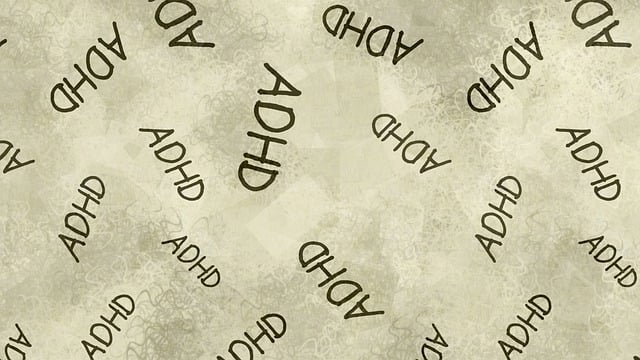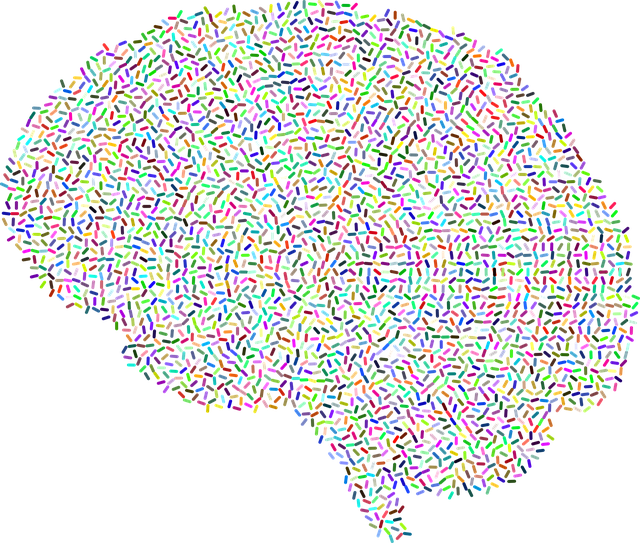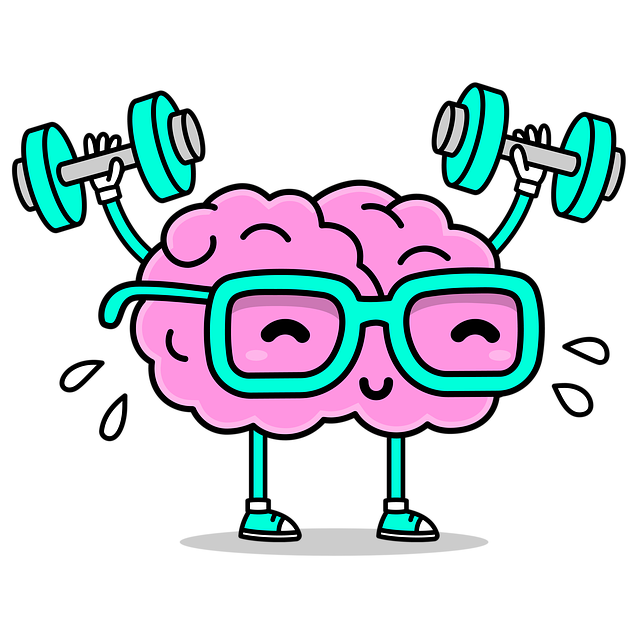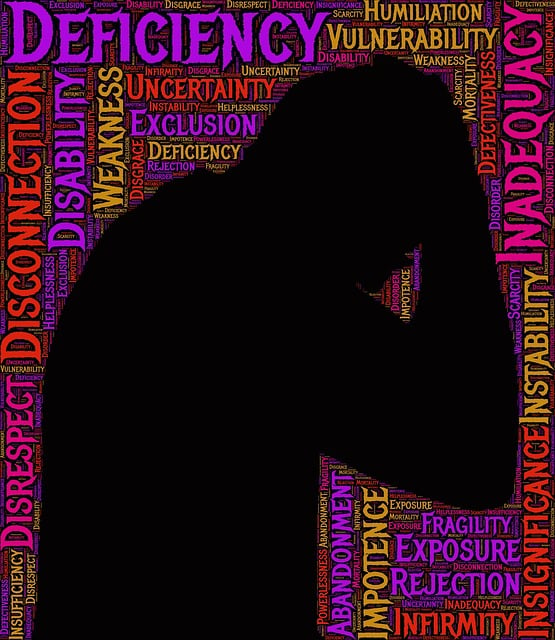Aurora EMDR Therapy is a revolutionary, evidence-based approach to mental health treatment, focusing on processing traumatic memories and emotions through bilateral stimulation techniques. Diagnosis is crucial for effective treatment, with professionals assessing symptoms and ruling out other causes. This therapy combines cognitive and emotional processing, mindfulness exercises, and crisis intervention guidance to help individuals manage conditions like PTSD and depression. A holistic support system including therapists, friends, family, and self-compassion practices empowers mental wellness management and a brighter future.
Mental illness diagnoses can be complex, but understanding the process is crucial for navigating effective treatment. This article provides a comprehensive guide to demystifying mental health assessments and introduces innovative approaches like EMDR therapy as a game-changer in care. We explore strategies for personalizing treatment plans and building supportive networks essential for healing. Additionally, we shine a spotlight on Aurora EMDR Therapy, highlighting its journey towards promoting wholeness and recovery.
- Understanding Mental Illness Diagnoses: Unraveling the Process
- The Role of EMDR Therapy: A Game-Changer in Treatment
- Navigating Treatment Options: Creating a Personalized Roadmap
- Finding the Right Support System: Your Cornerstone for Healing
- Aurora EMDR Therapy: Journey to Wholeness and Recovery
Understanding Mental Illness Diagnoses: Unraveling the Process

Understanding mental illness diagnoses is a crucial step in navigating effective treatment options. The process often begins with observing persistent changes in thoughts, feelings, and behaviors that significantly impact daily life. Professionals like psychologists or psychiatrists will conduct comprehensive assessments, which may include interviews, questionnaires, and psychological tests, to identify specific symptoms and rule out other potential causes.
In the context of Aurora EMDR Therapy, a recognized approach for treating post-traumatic stress disorder (PTSD) and other mental health conditions, understanding the diagnosis is paramount. This therapy technique focuses on helping individuals process traumatic memories and associated emotions, fostering mental wellness and mindfulness meditation skills. By integrating this evidence-based method into treatment plans alongside strategies for mood management, professionals can offer holistic support tailored to each individual’s unique needs.
The Role of EMDR Therapy: A Game-Changer in Treatment

EMDR Therapy has emerged as a game-changing approach in mental health treatment, offering hope and healing for individuals navigating various forms of trauma and psychological distress. This innovative technique, such as Aurora EMDR Therapy, goes beyond traditional talk therapy by utilizing a unique blend of cognitive and emotional processing methods. By focusing on the connection between past traumatic events and current behaviors or beliefs, EMDR facilitates profound shifts in one’s mental landscape.
Through a structured eight-phase protocol, EMDR empowers individuals to process and resolve distressing memories, emotions, and associated bodily sensations. This process enables patients to gain a new perspective on their experiences, fostering resilience and emotional regulation. By integrating self-care practices, such as Mindfulness techniques and Mental Wellness Journaling Exercises, alongside crisis intervention guidance, EMDR Therapy equips individuals with valuable tools for lifelong mental wellness management.
Navigating Treatment Options: Creating a Personalized Roadmap

Navigating treatment options is a crucial step in managing mental illness. It’s akin to creating a personalized roadmap that leads to recovery and improved well-being. This journey begins with an assessment, where professionals like therapists or psychologists explore symptoms, diagnose conditions, and discuss various therapeutic approaches, including innovative treatments like Aurora EMDR Therapy. Each individual’s path is unique, factoring in their specific needs, preferences, and personal goals.
Building on inner strength development, this personalized roadmap outlines a tailored plan for treatment, potentially combining therapies, medication management, and support groups. Public awareness campaigns development has played a significant role in destigmatizing mental health issues, making it easier for individuals to seek help. Furthermore, risk management planning for mental health professionals ensures that both providers and patients are equipped with strategies to mitigate potential challenges during the therapeutic process.
Finding the Right Support System: Your Cornerstone for Healing

Navigating the path to healing from mental illness can feel overwhelming, but finding the right support system is a cornerstone for recovery. This includes both professional therapists and a personal network of understanding friends and family. Aurora EMDR Therapy, for instance, offers evidence-based treatment approaches like Eye Movement Desensitization and Reprocessing (EMDR), which has proven effective in addressing trauma and enhancing emotional well-being.
Building a strong support system involves engaging in Compassion Cultivation Practices to foster self-compassion and understanding, alongside implementing Risk Management Planning for Mental Health Professionals to ensure safe practices and boundaries. Self-esteem improvement is another key aspect, as boosting confidence and self-belief can significantly impact overall mental health. When individuals feel supported and empowered, they are better equipped to manage their mental health effectively and embrace a more fulfilling life journey.
Aurora EMDR Therapy: Journey to Wholeness and Recovery

Aurora EMDR Therapy offers a transformative journey toward wholeness and recovery for those navigating mental illness. This innovative approach integrates Eye Movement Desensitization and Reprocessing (EMDR) techniques to help individuals process traumatic memories and reduce the intensity of associated emotions. By stimulating both sides of the brain through bilateral stimulation, such as side-to-side eye movements or tactile cues, Aurora EMDR Therapy facilitates the body’s natural healing process.
Through this method, clients develop coping skills to manage symptoms of anxiety, depression, and post-traumatic stress disorder (PTSD). The therapy doesn’t just focus on eliminating symptoms; it empowers individuals to cultivate mental wellness and enhance their overall quality of life. By combining EMDR with evidence-based practices, Aurora EMDR Therapy provides effective tools for stress reduction methods, enabling clients to regain control and embrace a brighter future.
Mental illness diagnosis and treatment can be a complex, intimidating journey. However, with the right tools and support, healing is achievable. This article has explored various aspects of navigating this process, from understanding diagnoses to discovering personalized treatment options. It has highlighted the transformative power of EMDR therapy, particularly Aurora EMDR Therapy, which offers a unique and effective approach to recovery. By embracing these strategies and connecting with supportive communities, individuals can chart their own path to wholeness and embrace a brighter future.














